Hollywood has a funny habit of trying to convince us that some of its most beautiful stars are actually plain or even unattractive. They throw on a pair of glasses, mess up their hair, and call it a character. We're just not buying it anymore.
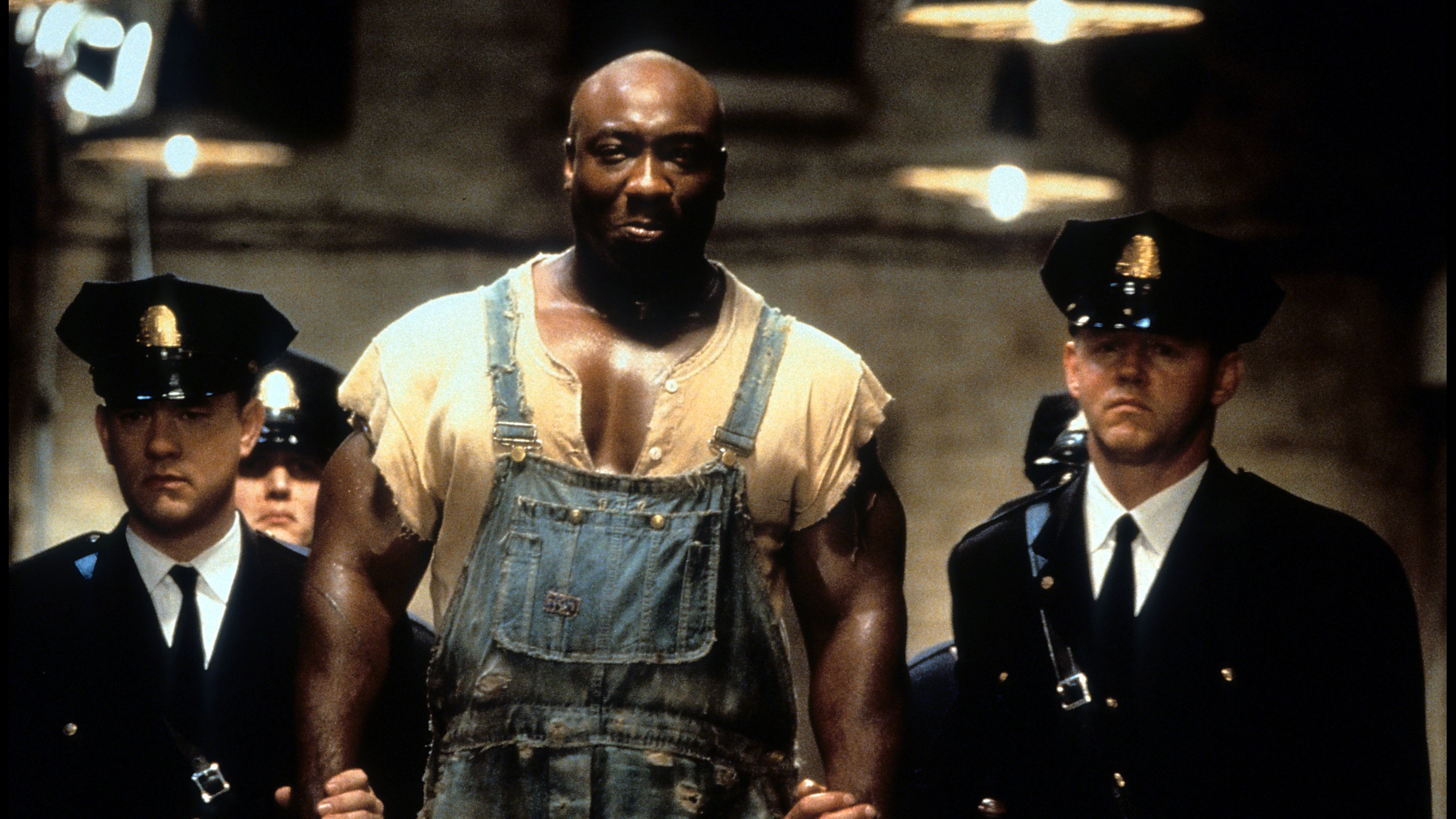
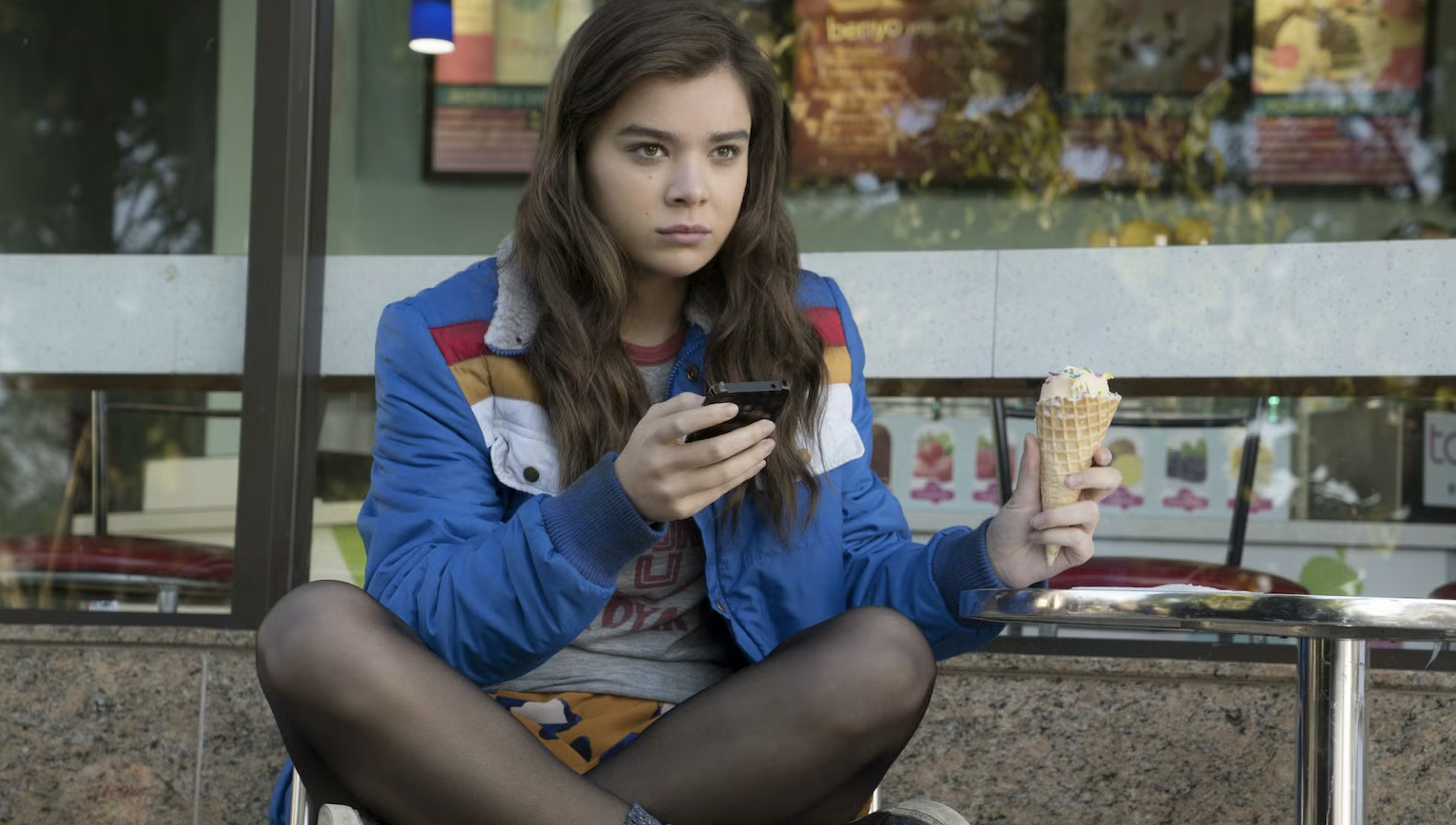
The film insists Nadine is some kind of high school outcast, a notion that completely falls apart when you remember she's played by Hailee Steinfeld. They attempt to sell this with a supposedly awful haircut and Mr. Bruner's jabs at her style, but her clothes just look like what any normal teen would wear. Even the "bad" hair is often neatly styled, making the whole "ugly" premise impossible to buy. | © STX Entertainment
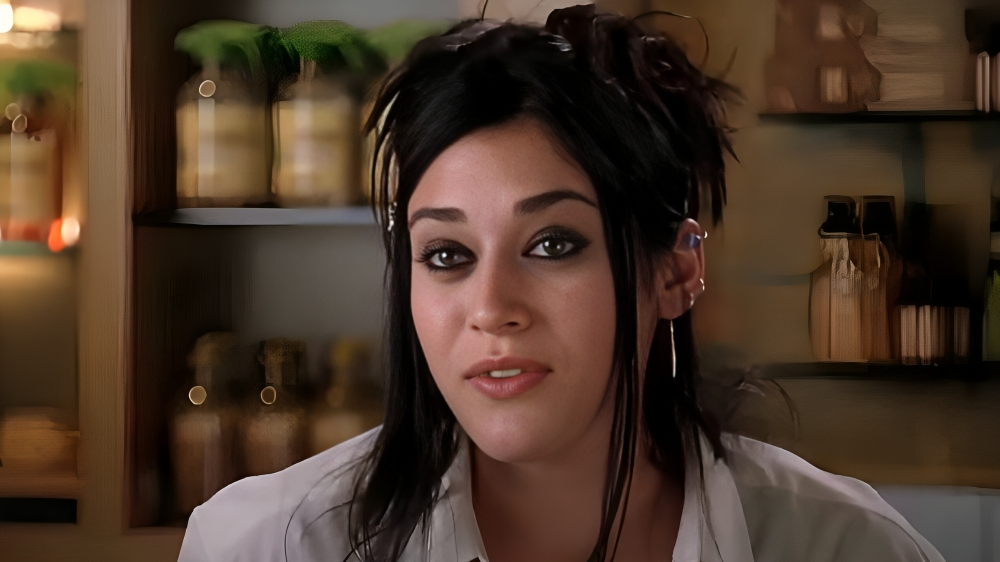
The filmmakers tried to code Janis as the unattractive, alternative girl by piling on the eyeliner and hair gel. But Lizzy Caplan's natural edge and sharp wit just made the character more compelling, not less desirable. It's a classic case of Hollywood mistaking a specific, cool-girl style for being somehow plain. | © Paramount Pictures
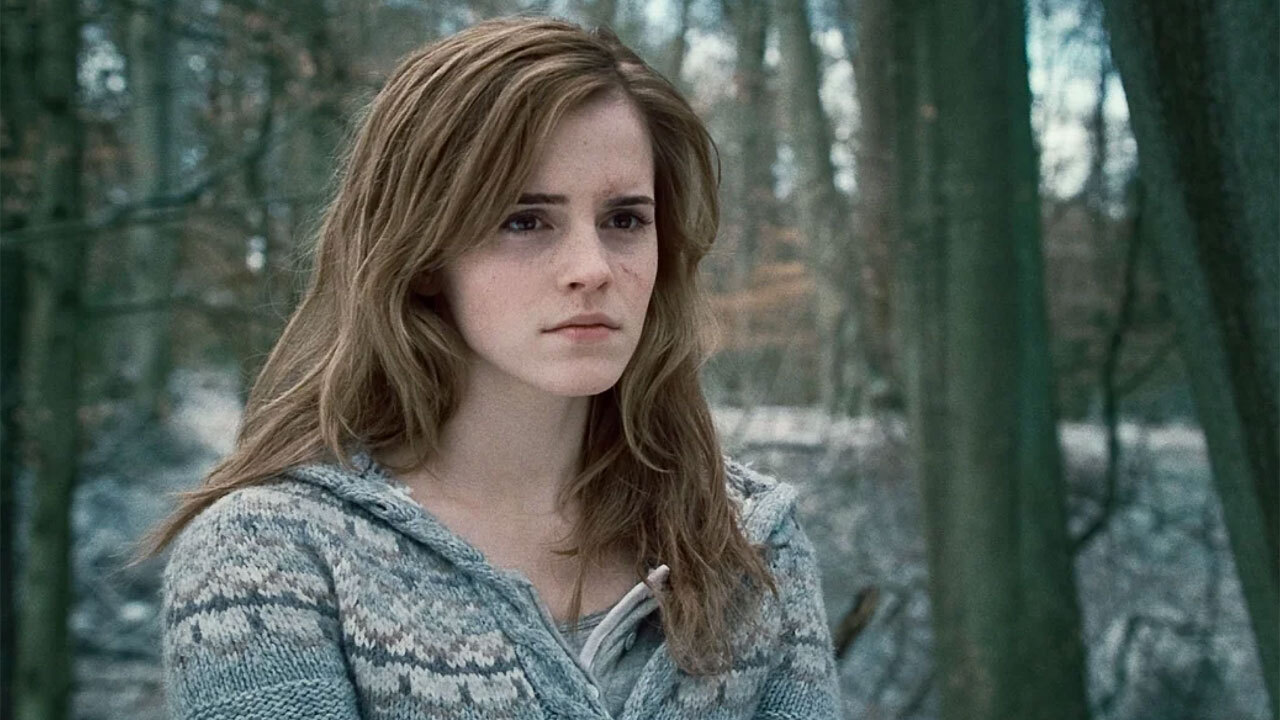
The books described Hermione with bushy hair and buck teeth, but that image was completely undone by casting Emma Watson. The films quickly abandoned even the pretense of her "unkempt" look after the first few installments. This shift was so dramatic that it mirrored the Yule Ball plotline, where a simple hairstyle change was treated as a magical transformation. | © Warner Bros. Pictures
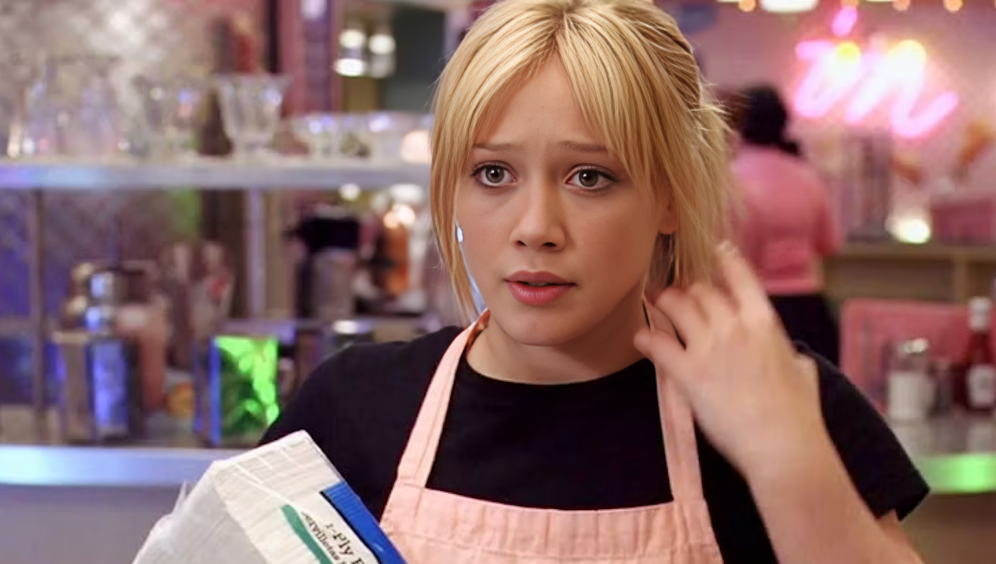
The film presents Sam as an invisible, unpopular girl, which is a tough sell with Hilary Duff in the role. Her big transformation for the dance is hilariously minimal; she just puts her hair up and adds a small mask. Since most of her face is covered, the idea that this suddenly reveals a hidden beauty never really adds up. | © Warner Bros. Pictures
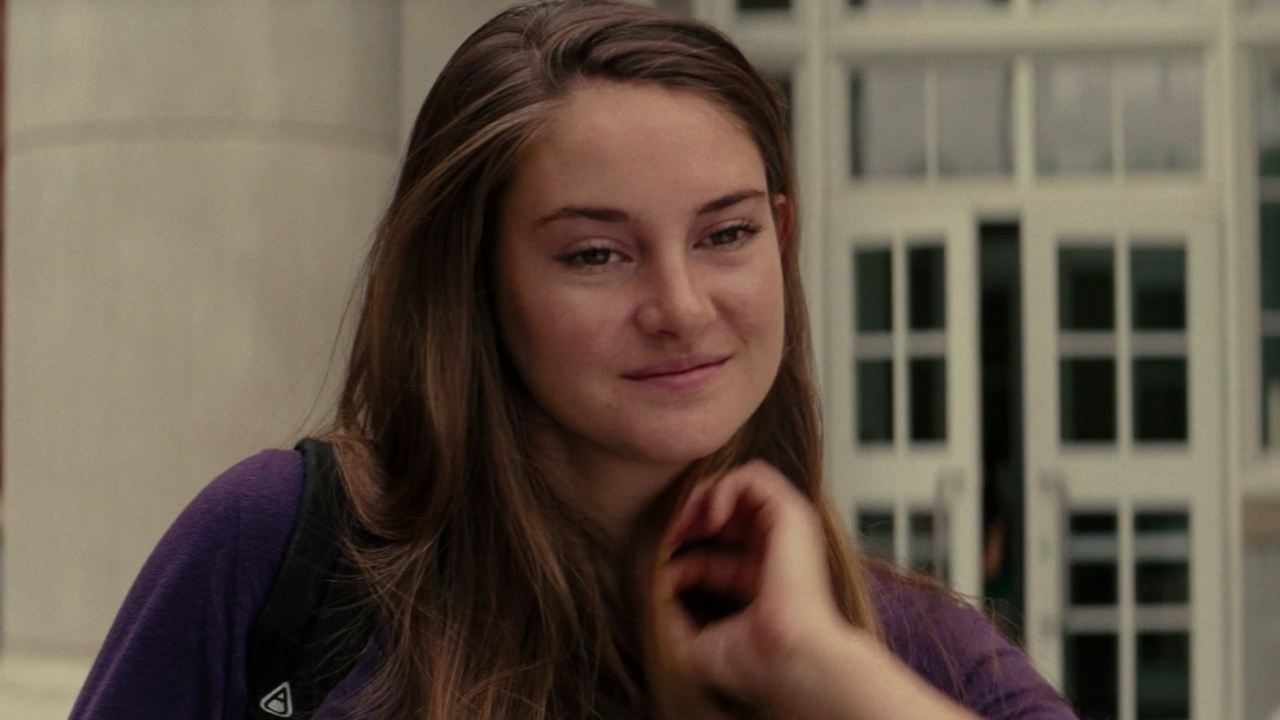
It's a recurring theme to cast Shailene Woodley as the girl who can't get any romantic attention, which never feels believable. Both in The Spectacular Now and The Secret Life of the American Teenager, her characters are framed as less desirable than their peers. The idea that she's somehow plain or invisible is a character detail that the actress's natural presence completely contradicts. | © A24
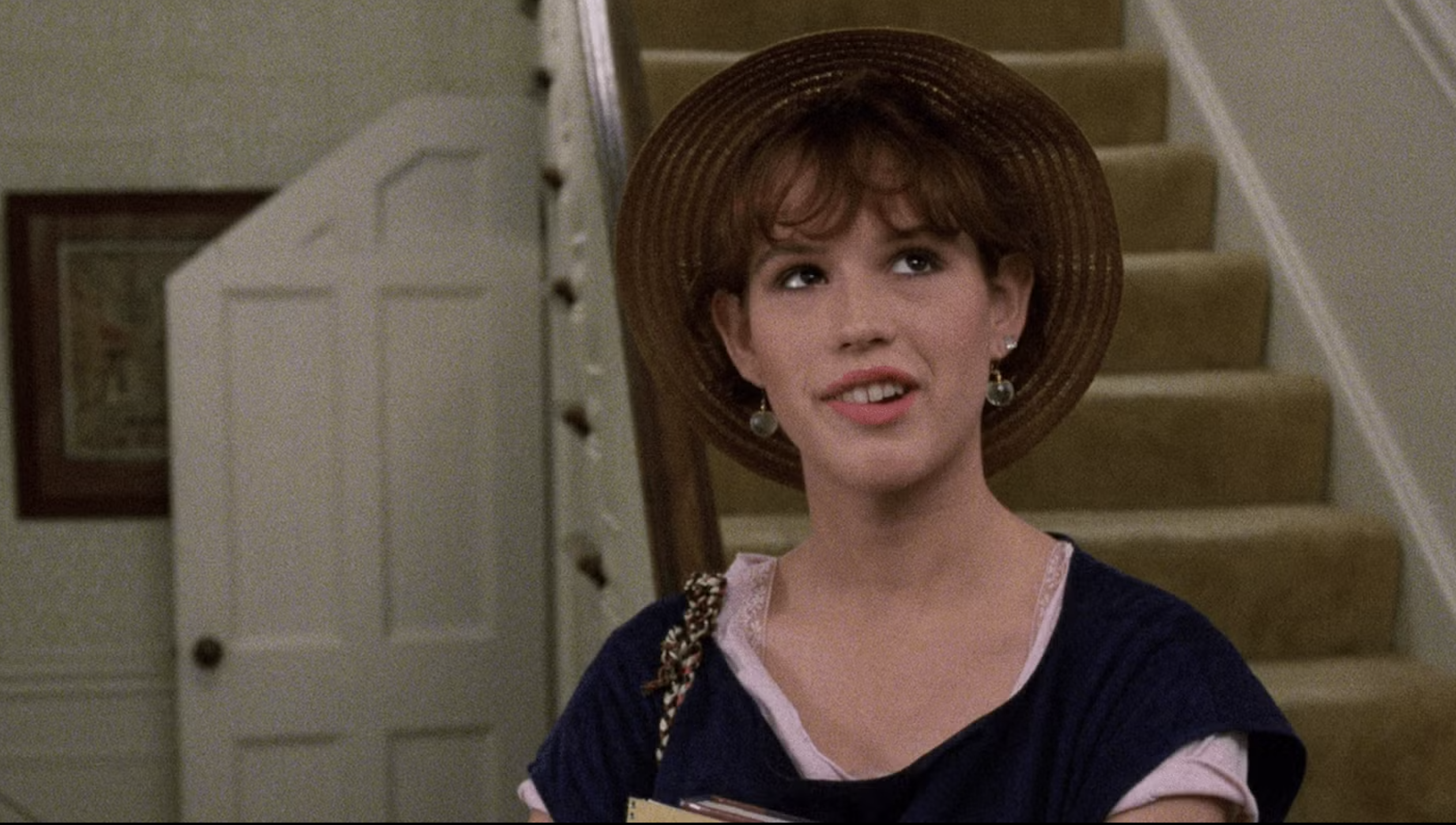
Molly Ringwald's Samantha Baker is supposed to be so forgettable that her own family misses her birthday, a premise that collapses when you look at her. She sports the same iconic red hair and style that made her an instant "It Girl" in The Breakfast Club. It's impossible to believe the popular Jake Ryan wouldn't notice someone who so clearly stands out. | © Universal Pictures
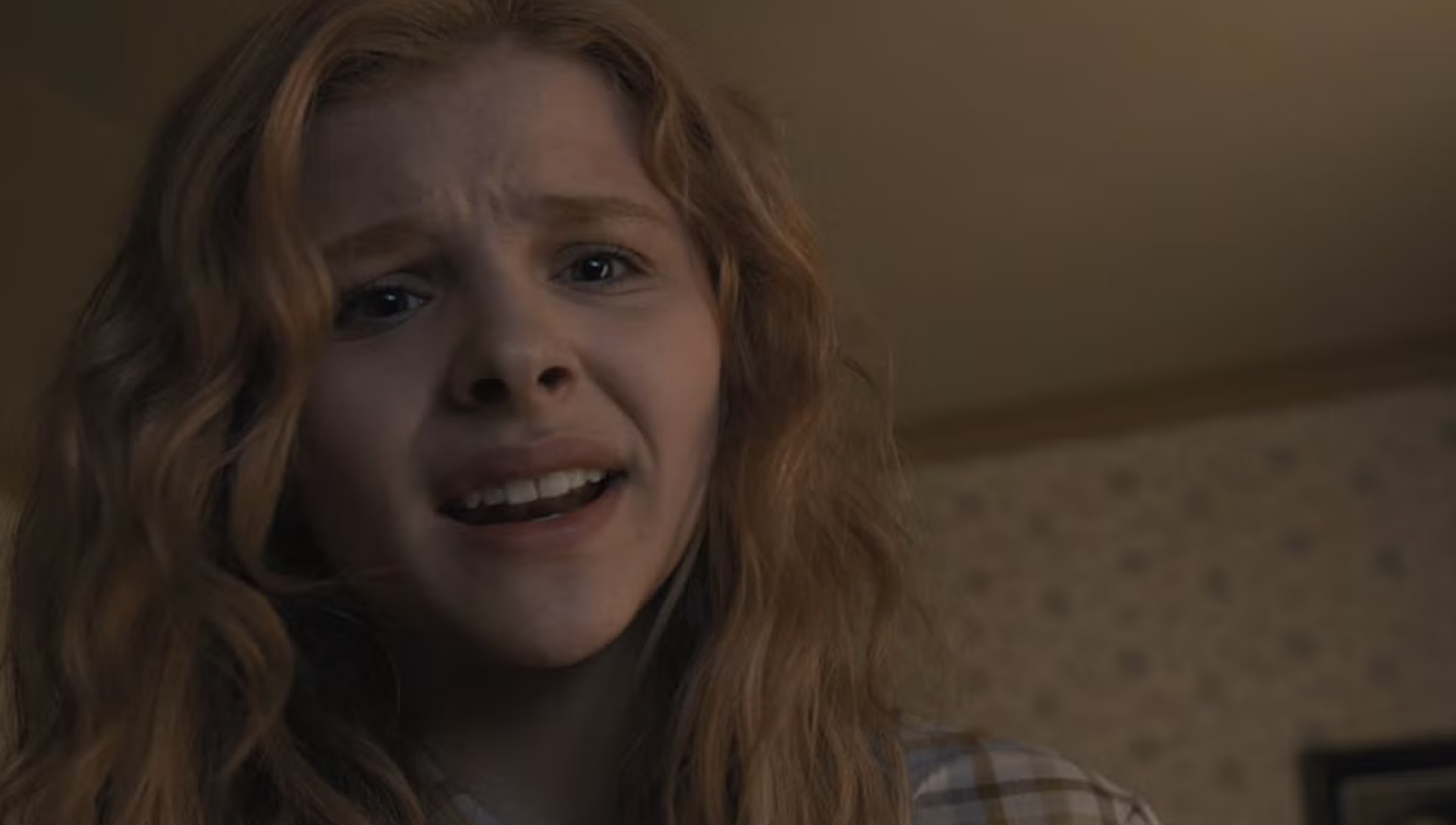
While Carrie's struggle is rooted in her social isolation, Chloë Grace Moretz's casting works against that idea. She brings a modern, poised confidence that feels at odds with a character meant to be a complete outcast. It's hard to see the tormented, sheltered Carrie when the actor looks like she could be a popular teen from any other movie. | © United Artists
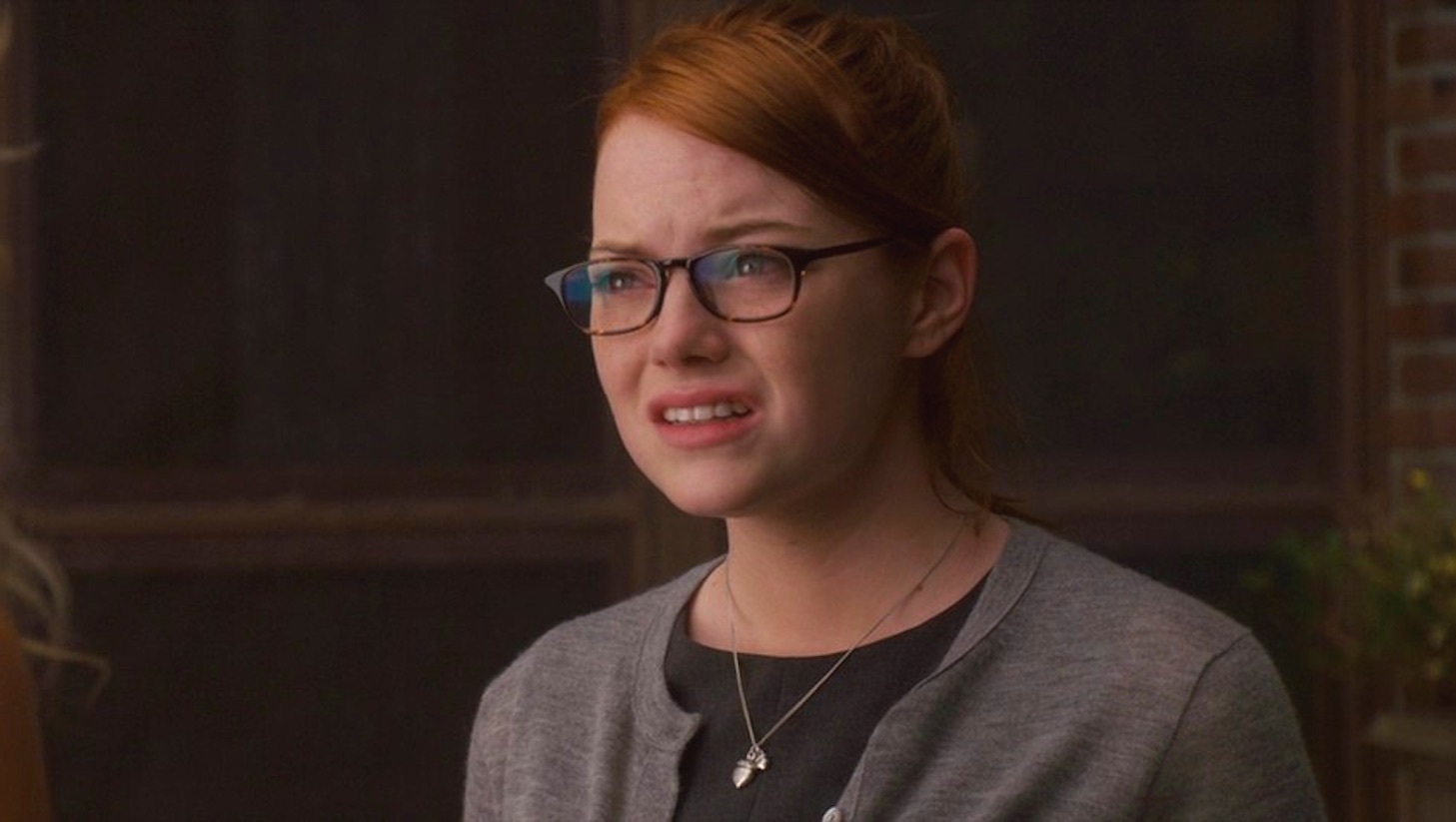
The movie presents Emma Stone's Natalie as a socially awkward and frumpy Zeta sister, but the character never reads as anything but charmingly quirky. Even with her conservative clothes and glasses, she just ends up looking like a stylish librarian. It's another case of Hollywood's idea of "ugly" being a beautiful person in a slightly different outfit. | © Sony Pictures Releasing
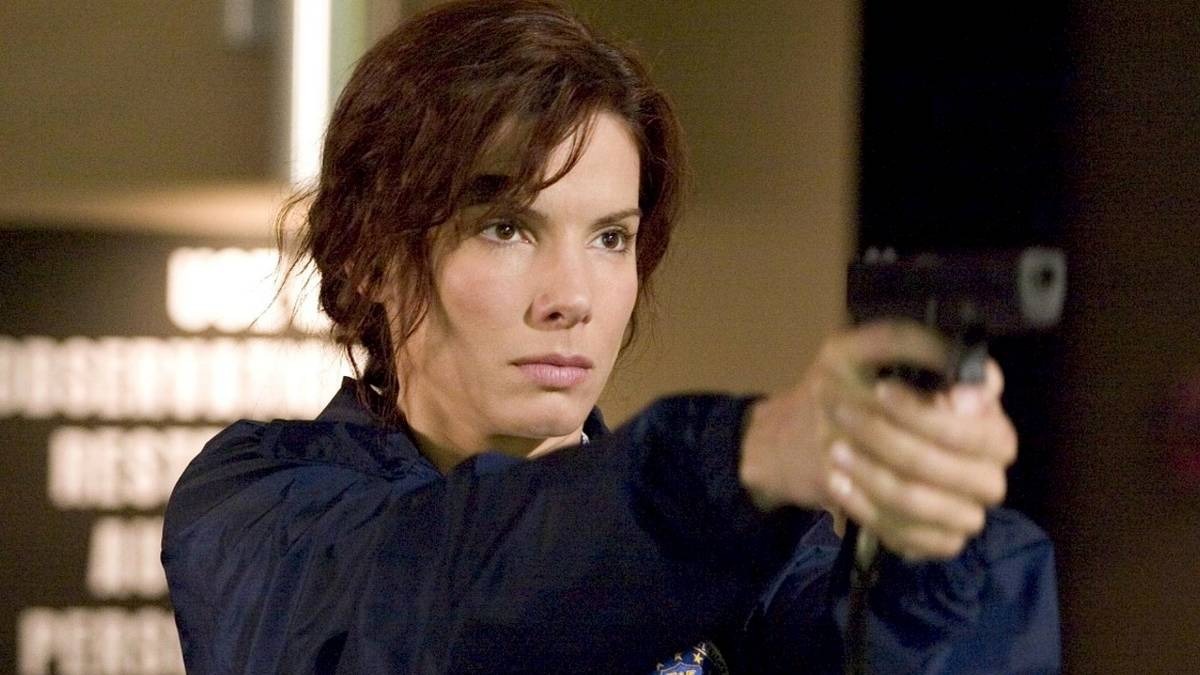
The film treats Gracie Hart's transformation like a monumental overhaul, but the "before" and "after" are practically identical. Sure, she swaps her frizzy curls for a blowout and adds some makeup, but she's still fundamentally Sandra Bullock. The idea that this stunning actor was ever a beauty pageant long-shot is the most unbelievable plot point. | © Warner Bros. Pictures
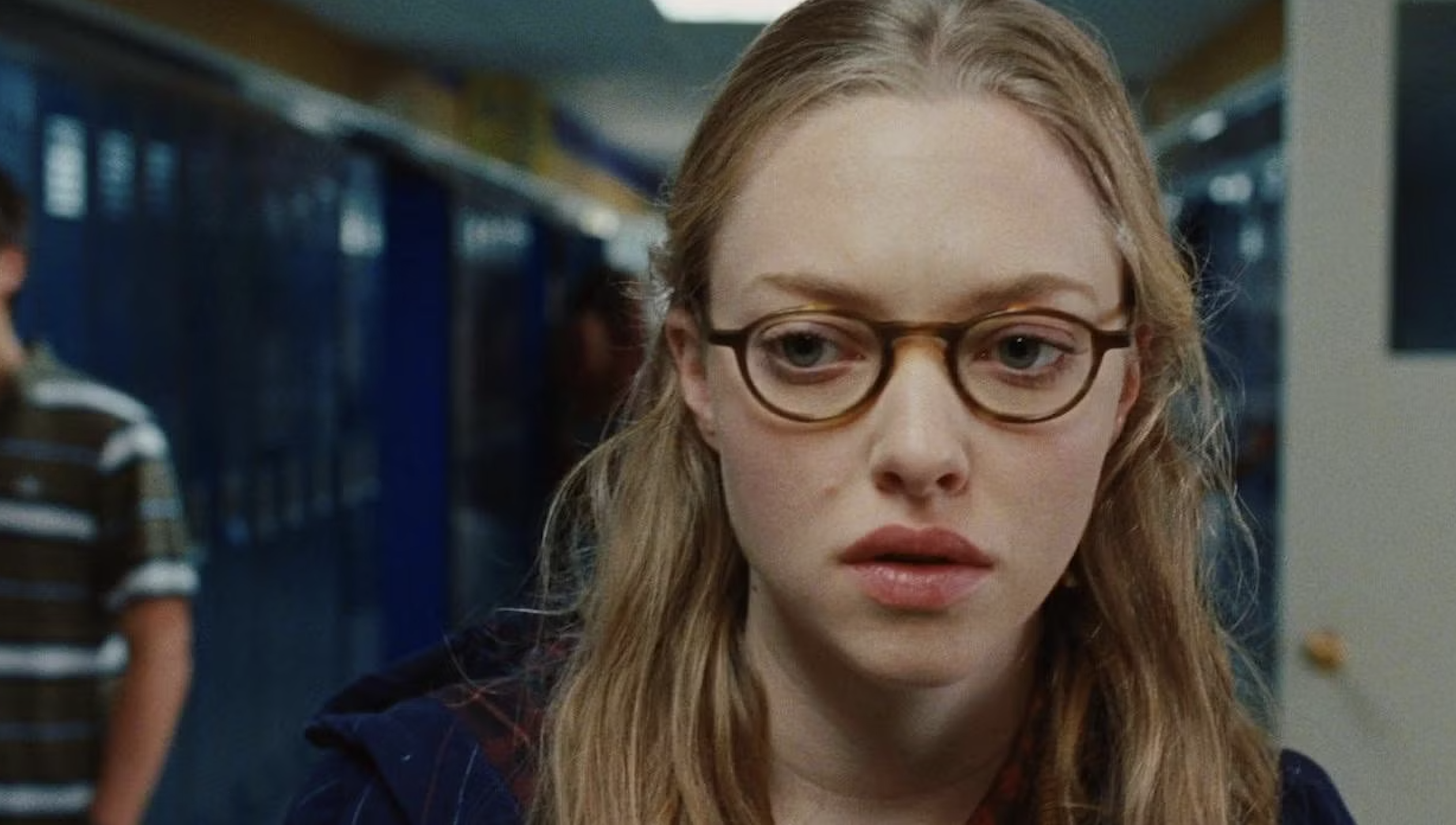
The movie frames Needy as the mousy friend, but a pair of glasses and a frumpy dress can't disguise Amanda Seyfried. She's the same actor famously considered the "prettiest" in Mean Girls. It's a flimsy attempt to position an obviously beautiful person as plain. | © 20th Century Fox
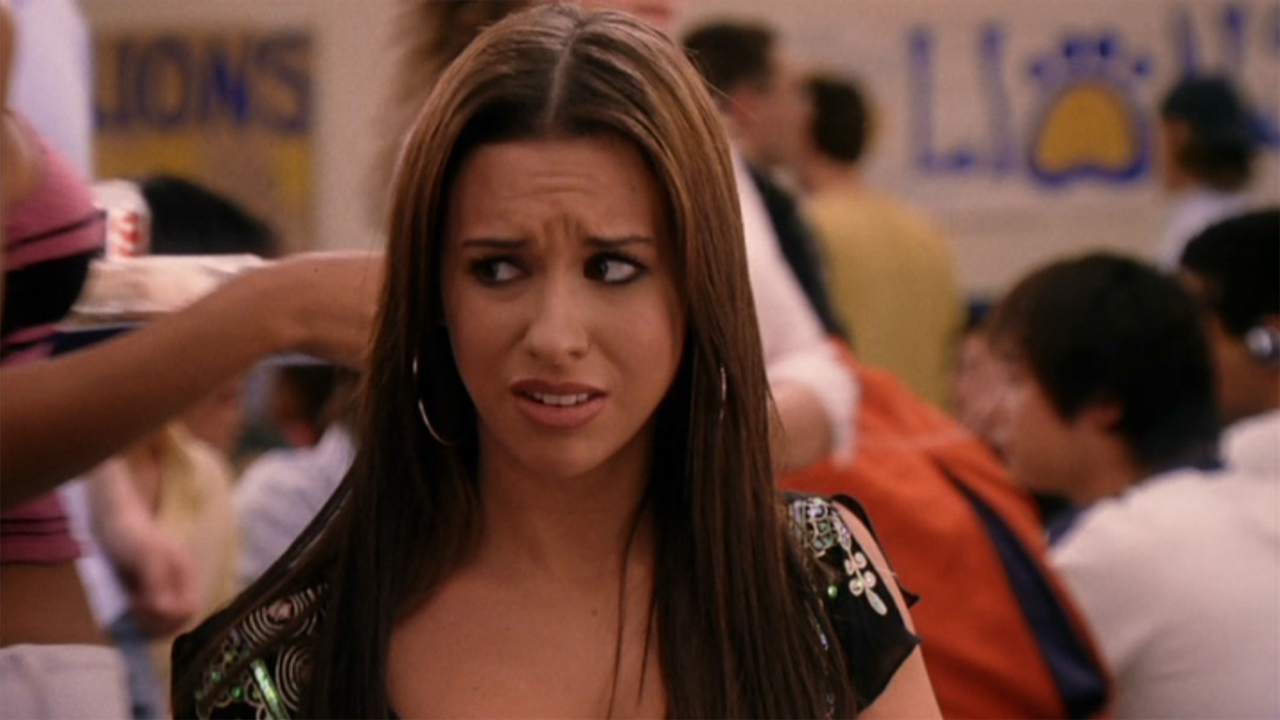
The film lets Regina George's cruel comment that Gretchen is the "un-pretty" one hang in the air as fact. But looking at Lacey Chabert with her beautiful features and lovely curly hair, the insult makes no sense. It seems the only reason for the dig is to highlight Regina's own insecurity and need for control. | © Paramount Pictures
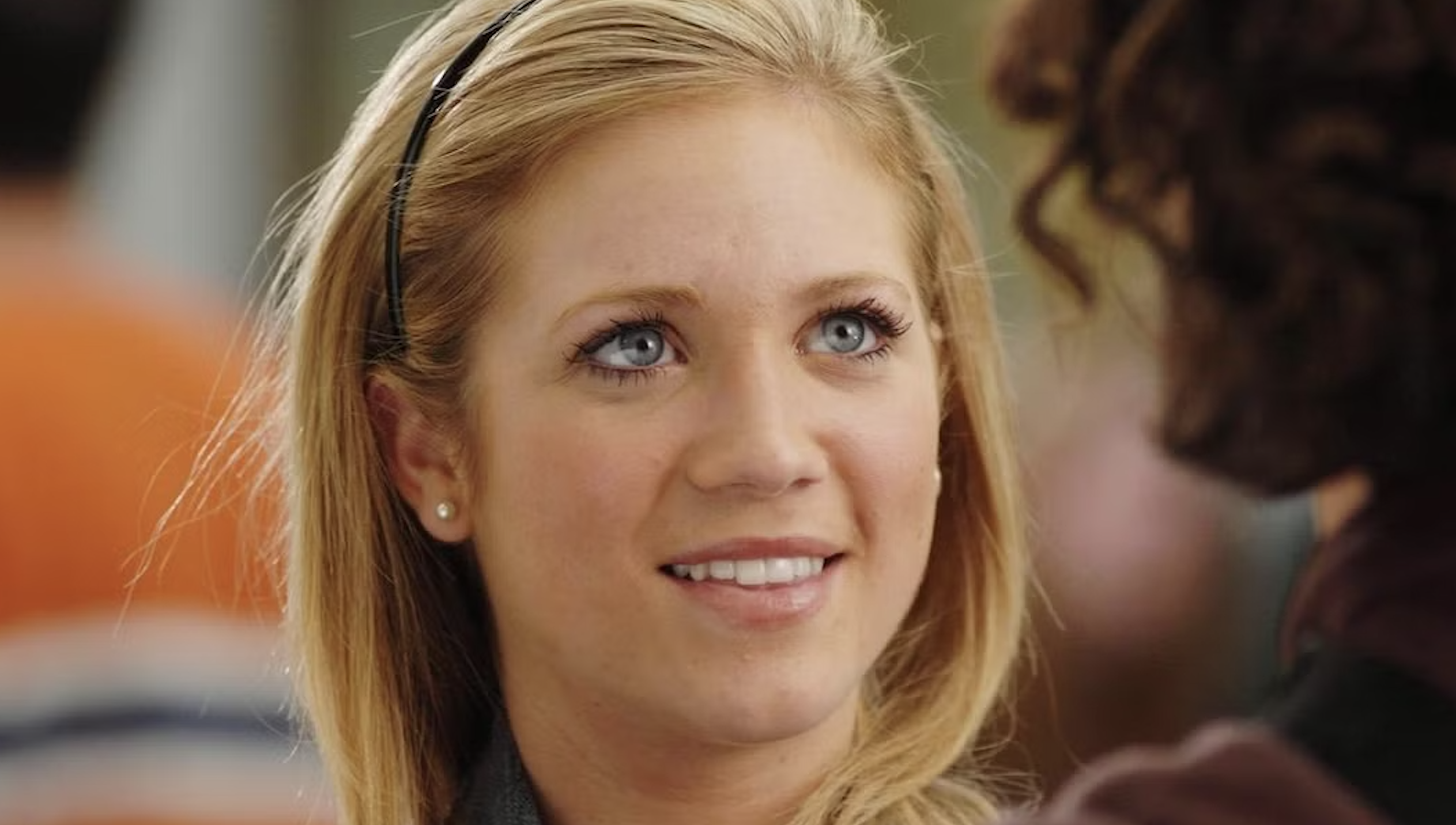
The movie presents Brittany Snow's Kate as an invisible social loser who needs a major makeover to be seen as attractive. Her huge transformation, hilariously, consists of little more than straightening her already lovely hair. Casting someone as inherently charming and beautiful as Snow in the role of an overlooked girl was a confusing choice from the start. | © 20th Century Fox
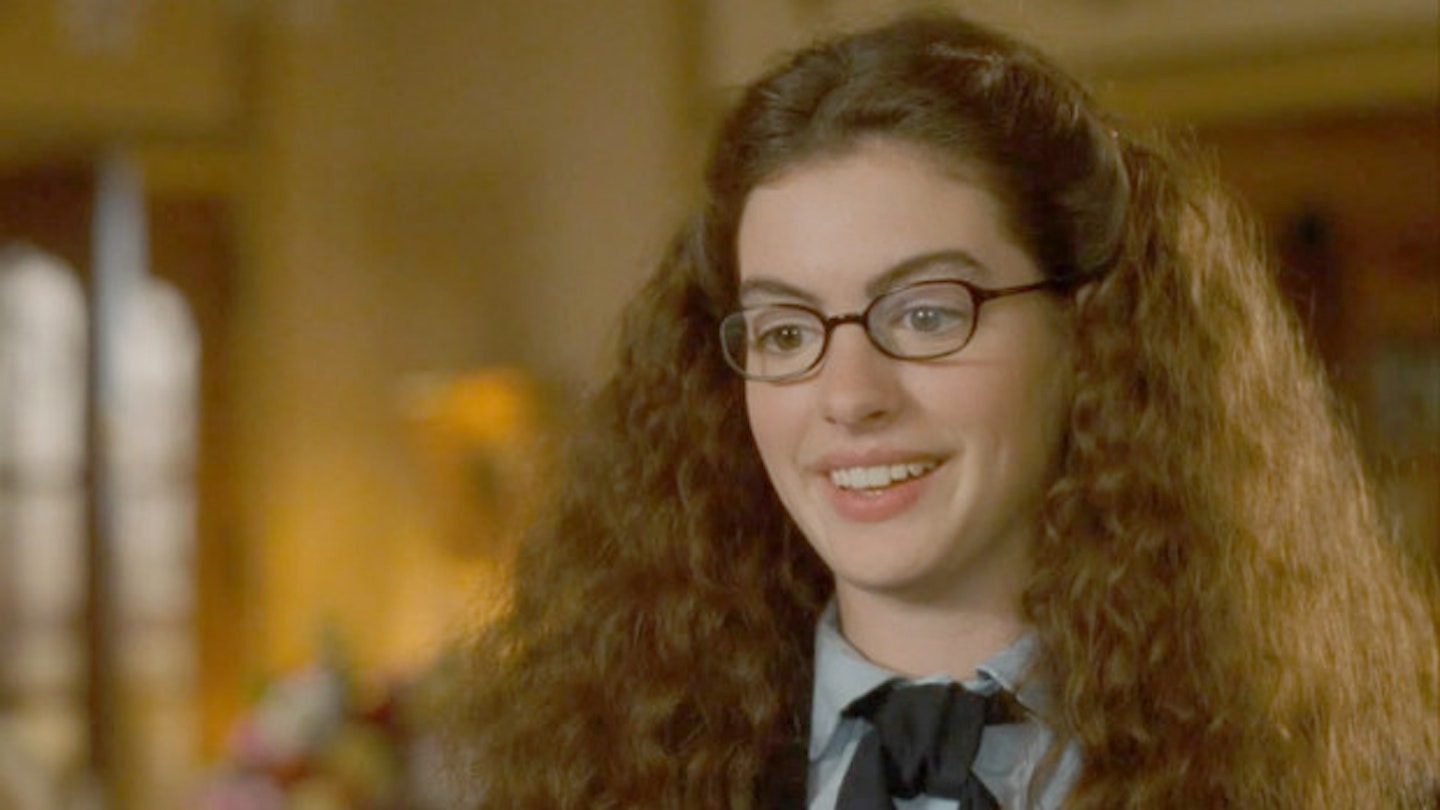
The film's famous makeover suggests Anne Hathaway's Mia is an ugly duckling, but her transformation is surprisingly minor. They simply remove her glasses, straighten her curly hair, and teach her to stop making awkward faces. The idea that this basic grooming reveals a hidden beauty is laughable, since she was obviously gorgeous all along. | © Walt Disney Pictures
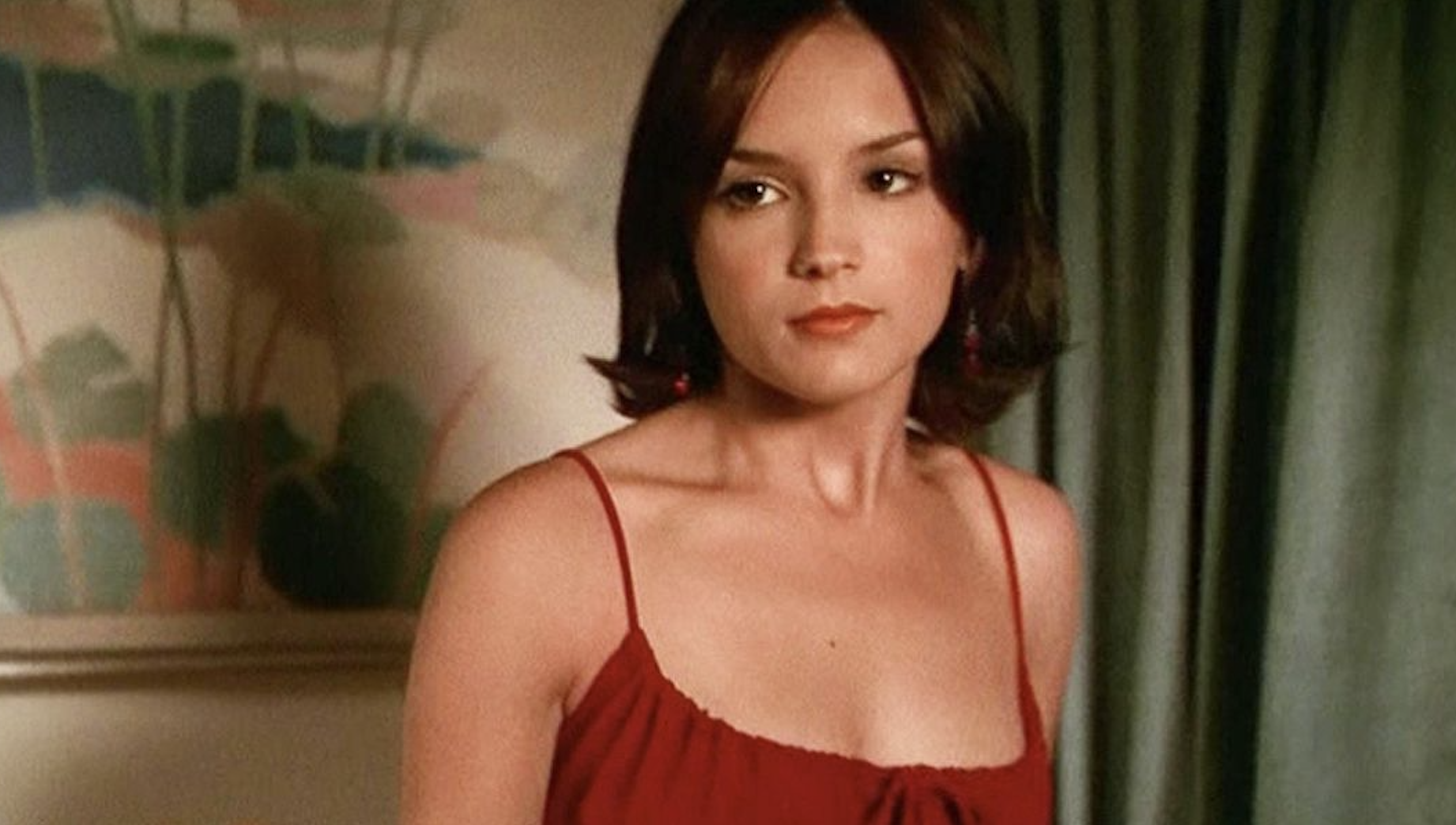
This film is the ultimate example of Hollywood's narrow beauty standards. The plot hinges on the absurd idea that Rachael Leigh Cook's Laney is unattractive simply because she wears glasses and puts her hair up. Her transformation is just removing those things, proving she was beautiful all along and that the premise was completely ridiculous. | © Miramax Films
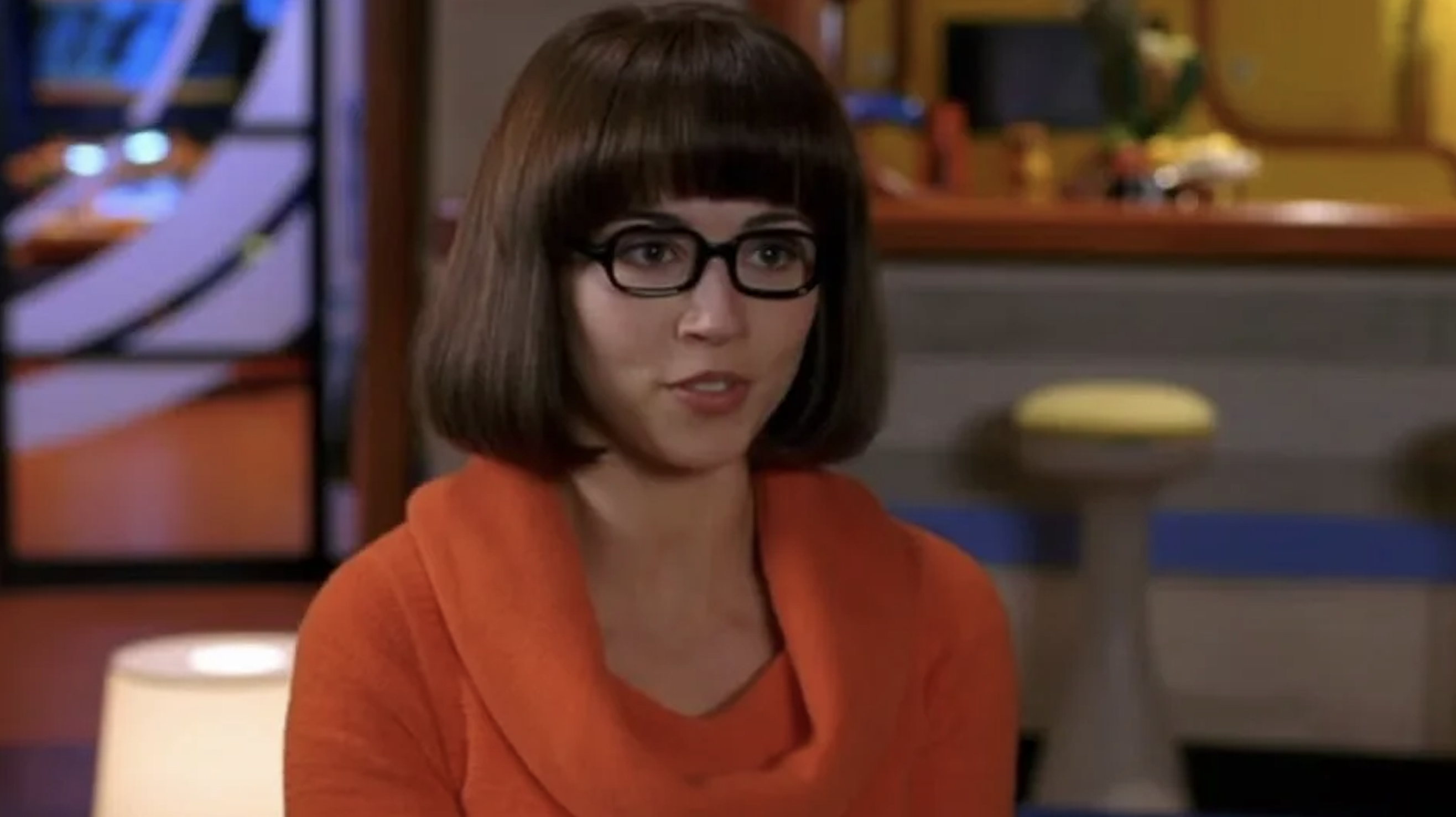
It's a tough sell to frame Linda Cardellini as the plain, geeky one, even with Velma's signature look. The sequel then has her transform into a bombshell in a latex outfit, which feels less like a reveal and more like a confirmation of the obvious. The only real mystery is how her hair managed to grow several inches between those scenes. | © Warner Bros. Pictures
Hollywood has a funny habit of trying to convince us that some of its most beautiful stars are actually plain or even unattractive. They throw on a pair of glasses, mess up their hair, and call it a character. We're just not buying it anymore.
Hollywood has a funny habit of trying to convince us that some of its most beautiful stars are actually plain or even unattractive. They throw on a pair of glasses, mess up their hair, and call it a character. We're just not buying it anymore.